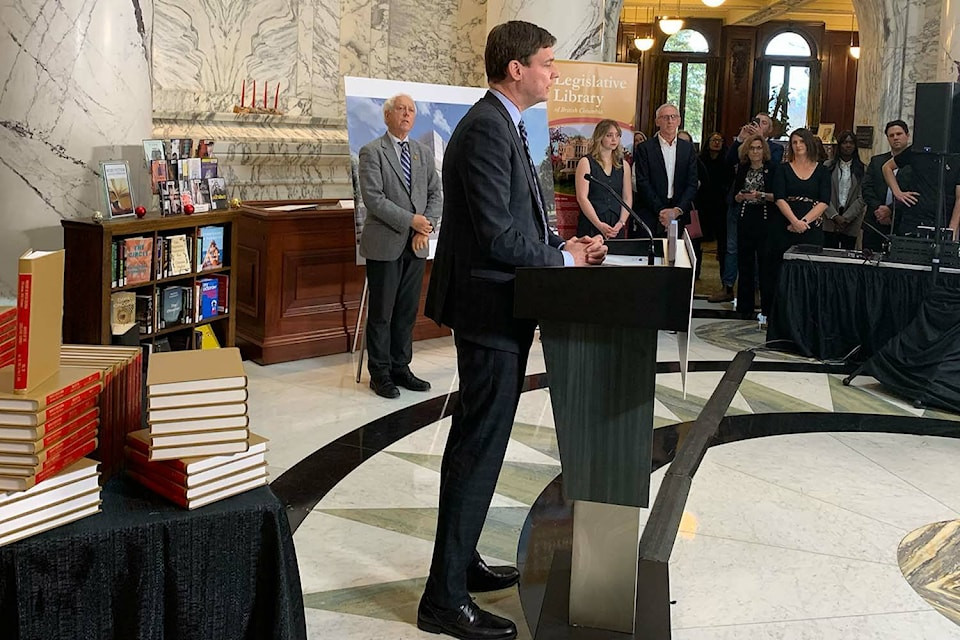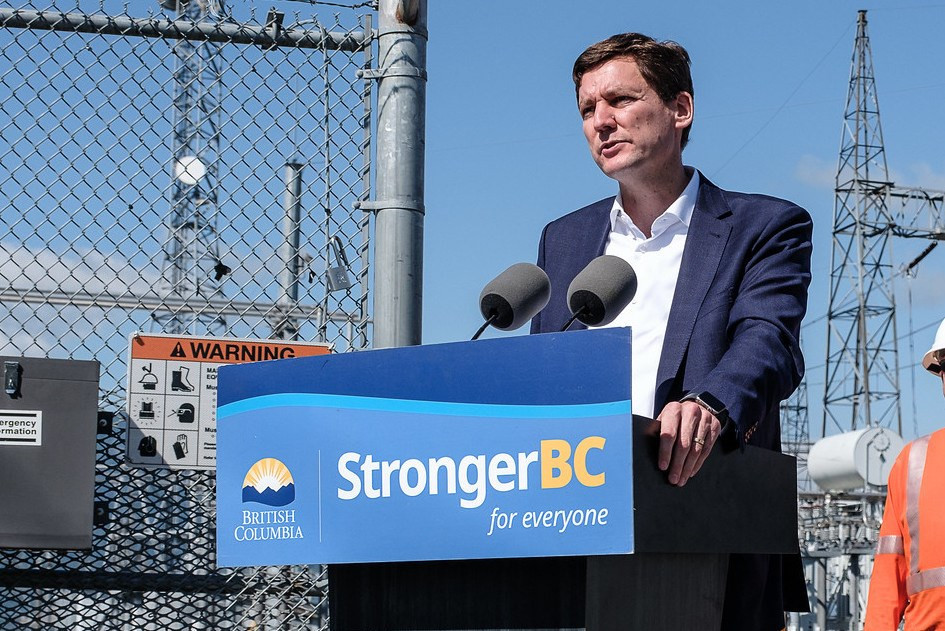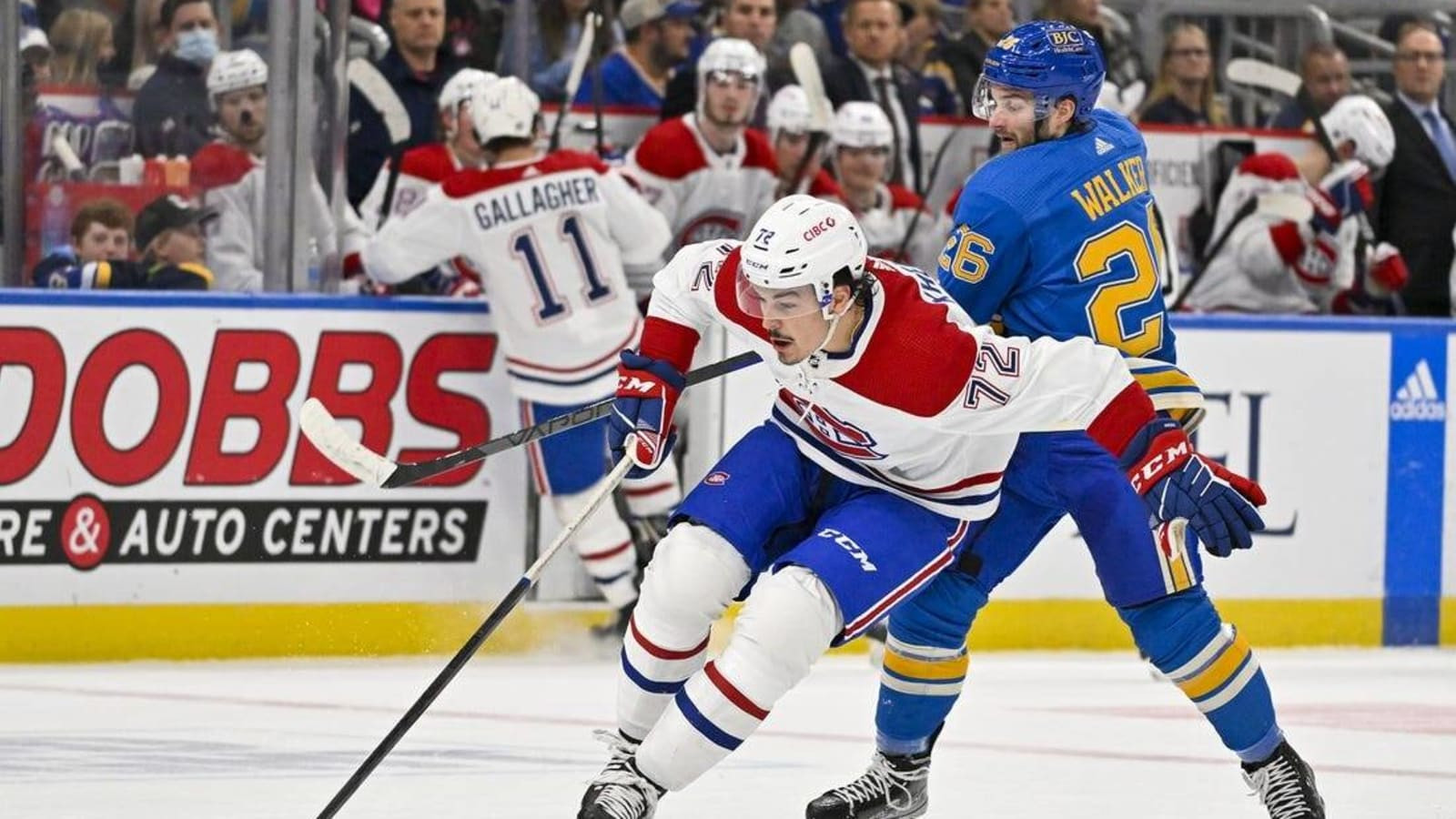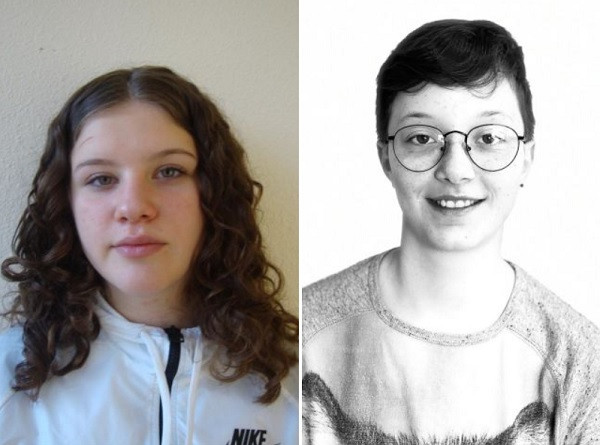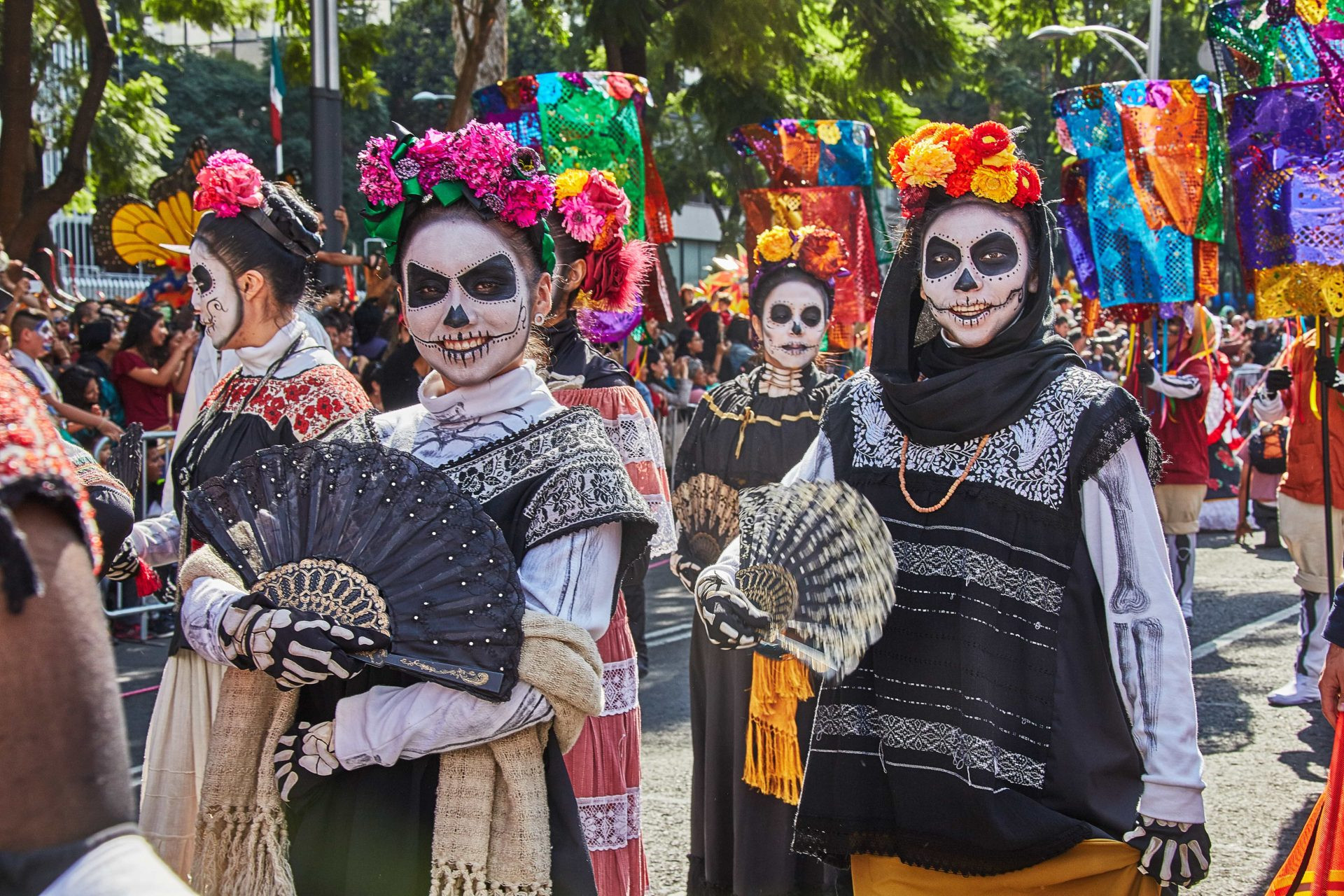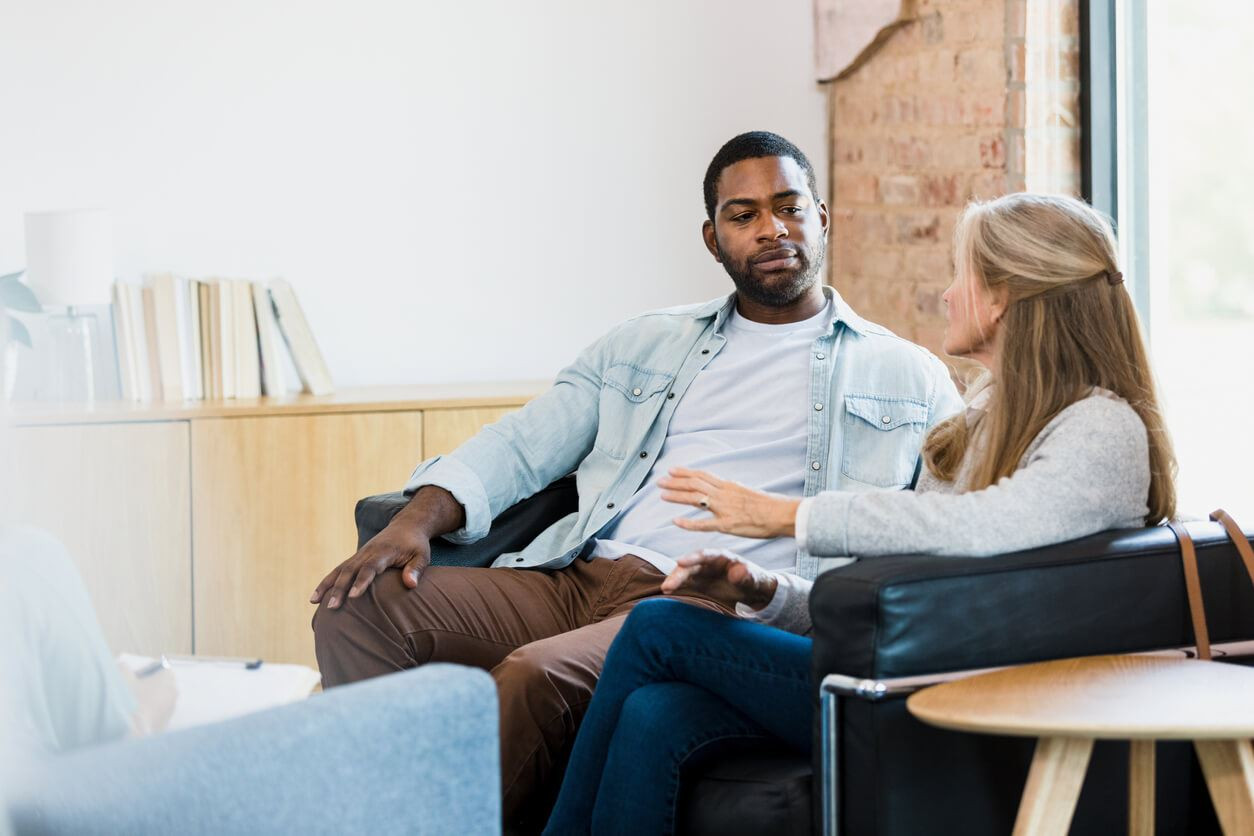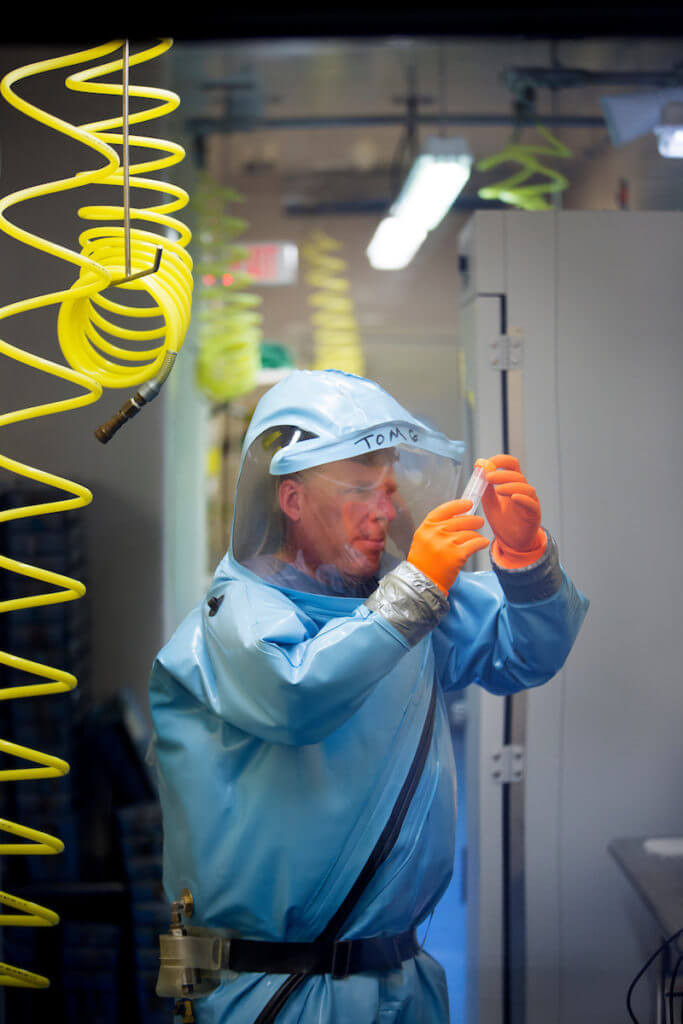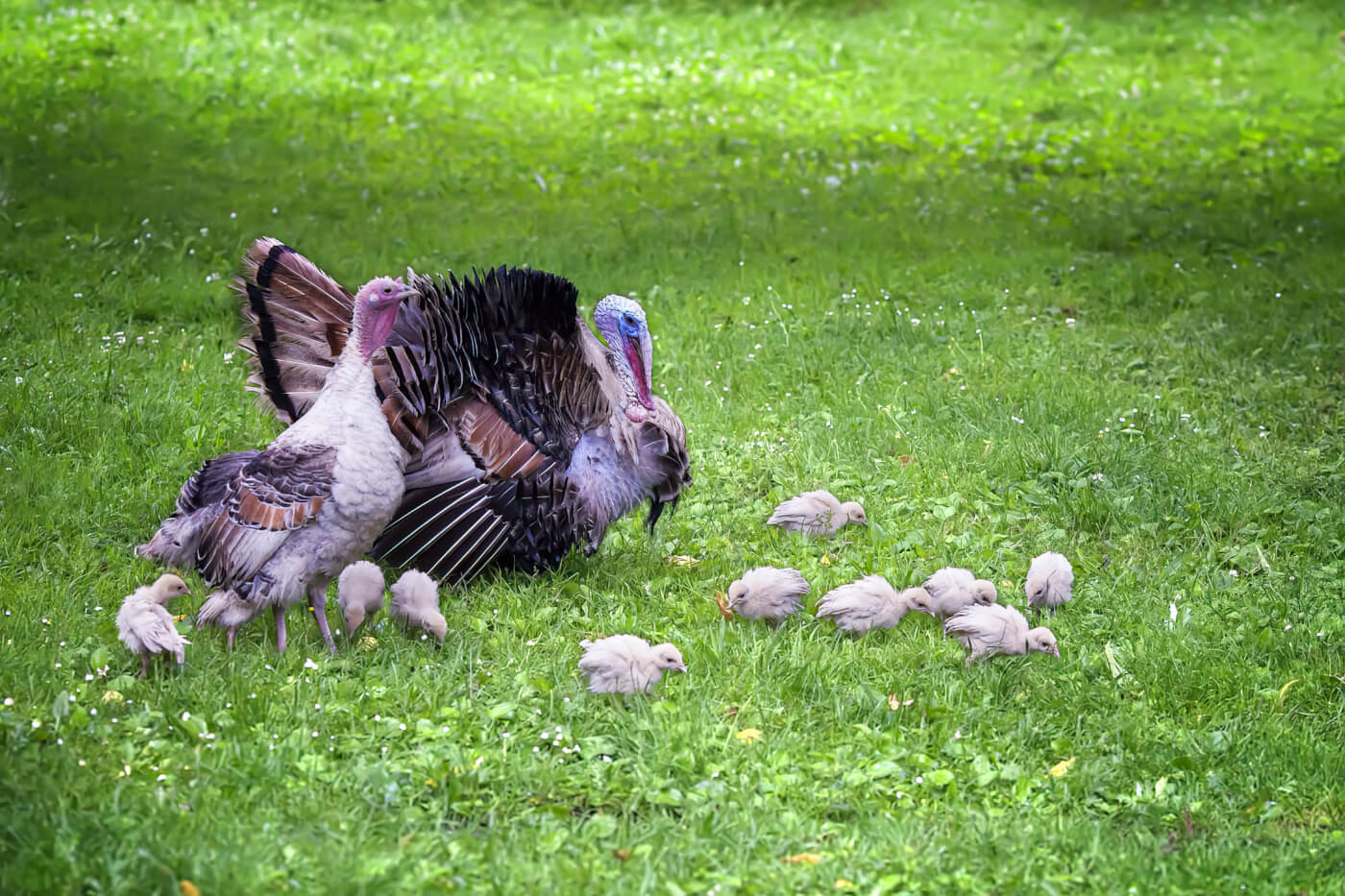The leaders of British Columbia's three major political parties have presented starkly different visions of the province and its future in the only televised debate of their closely fought election campaign.
The discussion involving NDP Leader David Eby, B.C. Conservative Leader John Rustad and Green Party Leader Sonia Furstenau, hosted by Angus Reid president Shachi Kurl, made for sometimes grim listening.
Rustad told of seeing a man dead on the streets of Vancouver — of an overdose, he said — on his way to the debate venue at the CBC's studio on Tuesday.
"I was on my way over here, and on the corner of Robson and Hornby, there was an individual who died … This is the British Columbia that David Eby has created," Rustad said.
He later related an anecdote about a woman "covered in blood" after miscarrying in a hospital washroom as he attacked the state of health care in B.C.
He also described young people leaving the province and what he depicted as a lack of opportunity in B.C., prompting exasperation from Furstenau — who also delivered an early zinger against both her rivals by describing them as "more of the same or back to the past."
"I feel like I live in a different place from John Rustad — his vision of B.C. is one that is dark and gloomy," Furstenau said. "We need a vision of hope. If we want young people to stay here, we have to give them a reason to stay."
All three leaders had spent the day preparing for what could prove a pivotal moment for the campaign, with the B.C. Conservatives and the NDP locked in what polls suggest will be a narrow race, with less than two weeks to go before election day on Oct. 19.
For his part, Eby remained squarely focused on Rustad and his stances on various social issues, describing him as an "anti-vaxxer" who was "embarrassing" the province.
"When we were all rolling up our sleeves to get vaccines, to protect vulnerable seniors from COVID-19 … John Rustad and his candidates were providing donations to people who are protesting outside of hospitals, anti-vax convoy members. He's still an anti-vaxxer."
Rustad has previously said he regretted getting vaccinated against COVID-19, but told the debate that he was "not anti-vax, I'm anti-mandate."
Eby and Furstenau both trained attacks on Rustad, and Eby pointedly avoided attacking Furstenau, who said that the "least polarized" time in B.C. had been when the Greens supported the NDP from 2017 to 2020 in the minority government of former premier John Horgan.
When Eby pointed to Rustad's "uncosted" economic platform, which he said was written in "pixie dust," he compared it unfavourably to Furstenau's costed policies. In closing remarks, Eby said "Sonia's right" to think of B.C.'s biggest assets being British Columbians.
The Green Leader did not offer Eby the same consideration, criticizing Eby and Rustad for being aligned on health care and subsidizing the fossil fuel industry.
The debate had started with all three leaders on the defensive — not against each other but the moderator.
The 90-minute debate featured no opening statements, instead beginning with individual questions from Kurl.
She pointed to the province's shift from surplus to deficit under Eby's government, asking him when things would improve.
Eby responded by saying families were under pressure and "people need support now."
Asked how he could convince people he wasn't "too extreme," Rustad said a "lot of things" had been said about him but he was "laser focused" on the needs of people in the province.
Furstenau meanwhile responded to a question about why people would vote for a party with only two people in the legislature, by delivering her "more of the same or back to the past" line about both Eby and Rustad
The debate was broadcast on all major TV networks.
Supporters outside the studio had cheered on the leaders as they made their way inside.
Eby arrived on the party's election bus with wife Cailey Lynch and about two dozen supporters, Rustad was greeted by a largely youthful crowd waving blue party placards and Furstenau arrived with a handful of supporters.
At times, the NDP and B.C. Conservative supporters appeared to be in a friendly contest to out-cheer each other.
Rustad earlier Tuesday released his party’s proposals for dealing with the toxic drug crisis in the province, which include cutting wait times for voluntary treatment and creating a virtual program to connect people with addiction specialists.
He also said his party wanted to redevelop and repurpose the Riverview Hospital in the Vancouver suburb of Coquitlam, a provincially-owned psychiatric institution that closed in 2012.
The leaders of B.C.'s main political parties sparred over health care, housing and climate change Tuesday, pitching competing visions for how to address the most urgent issues facing the province in a debate punctuated by a few feisty exchanges.
David Eby and John Rustad aimed most of their barbs at one another.
The NDP leader said Rustad has a platform made out of "pixie dust," and called his opponent a climate change denier and anti-vaxxer whose extreme views are "embarrassing" for the province.
B.C. Green Leader Sonia Furstenau said neither of her opponents or their parties had a plan to meaningfully address the problems British Columbians are struggling with.
Eby, in addition to defending his party's record on key issues over the past seven years, sought to draw attention to Rustad's record during his years in government as a B.C. Liberal cabinet minister. He also took aim at some controversial comments from the Conservative leader, who was ejected from his former party for questioning climate science.
"What you hear from John Rustad – conspiracy theories, division, cuts – it's not going to solve the problems that we face," Eby said.
Rustad, for his part, argued that the NDP's policies have made the province less safe and less affordable, saying that young people are considering leaving B.C. in droves and that people are routinely dying on the streets from both crime and drugs. Rustad said he saw someone die from an overdose in downtown Vancouver while on his way to the debate.
"This is the British Columbia that David Eby has created. Tent cities are growing all over the place. We have a crisis in health care. We've got a crisis in affordability. We've got a crisis in housing," Rustad said.
Furstenau described both of her opponents as politicians who have had the opportunity to make change but failed to come through – saying her party is the only one focused on the future and the only one offering innovative solutions.
"What these two are offering is either more of the same or back to the past," she said.
"We find ourselves now 23 years downstream from a B.C. Liberal government and seven years downstream from an NDP government that hasn't been willing to do enough to change things."
"I want us to make sure that in B.C., we don't have Lamborghinis driving down a road where people are living on the streets," Furstenau said.
Eby defended moves like the speculation and vacancy tax, short-term rental regulations, annual rent increase caps and tighter rules on evictions, saying they have increased supply and enabled people to stay in affordable rentals.
"These are basic things, and we're making sure to deliver for British Columbians on them," he said. "But we've got so much more to do," he conceded.
Eby also took aim at the Conservatives’ plan, saying that party is "not going to build a single unit." He also said Rustad's rebate for renters and homeowners would be more of a benefit to penthouse owners in downtown Vancouver than to struggling tenants.
Rustad accused Eby of shifting the blame for the crisis instead of taking responsibility.
"We have a government that is saying, first it was foreigners, and then it was spectators, and then it was vacant properties, and then it was Airbnbs, instead of pointing at the real problem, which is government," Rustad said, arguing it takes too long to get housing built because of government bureaucracy and red tape. He promised to "unleash" the potential to get more homes built more quickly.
Rustad also said Eby's claim that the B.C. Conservatives would eliminate annual rental increase caps was untrue.
Furstenau said neither of her opponents have committed to enough measures that will keep rentals affordable, increase the number of non-market rentals or discourage the commodification of housing as an investment.
"We're in an emergency where people can't afford to live here," she said.
In closing, debate moderator Shachi Kurl, president of the Angus Reid Institute, asked the leaders about increased polarization in provincial politics, and the debate concluded in much the same way it played out.
Eby took a parting shot at Rustad and some of the candidates on his slate for their comments on climate change, LGBTQ2S+ inclusivity in schools, and vaccines.
"I regret that we're having to have a debate about a bunch of very polarizing topics. These are topics that used to be settled for British Columbians for a generation," Eby said.
"Climate change is real. Vaccines work. We don't call gay people groomers. We respect people. We respect indigenous people. We don't promote hate and division."
Rustad said Eby bringing up extreme views espoused by him or his candidates in the past is a tactic meant to distract voters from the NDPs failures and the substance of the Conservative campaign
"We're talking about the fact that people are dying on our streets. We're talking about the fact that our health-care system is collapsing. We're talking about the fact that our economy is in shambles. We're talking about fact that crime is running rampant," Rustad said.
"These are the things that people are concerned about. David Eby wants to talk about conspiracy theories and anything but what's actually going on."
Furstenau – who is the only Green incumbent running in this election – said polarization is an all-but inevitable byproduct of a two-party system.
"If we want less polarization, if we want more focus on solutions, we have to get away from a winner-takes-all, two-party system. We have to elect enough Greens to prevent that. We're running out of time," she said.
Election day is less than two weeks away, with advance voting beginning on Oct. 10.




